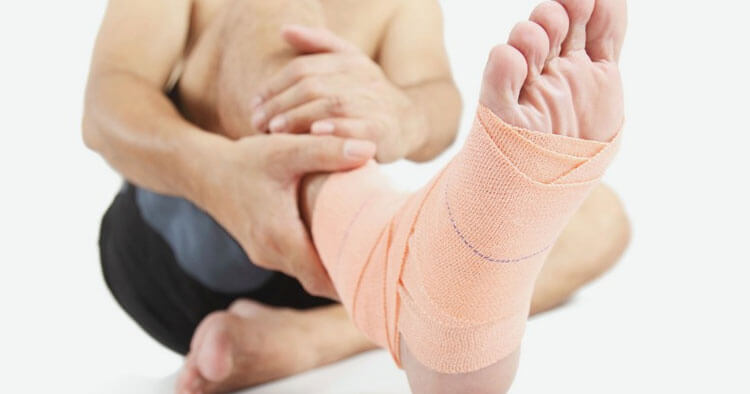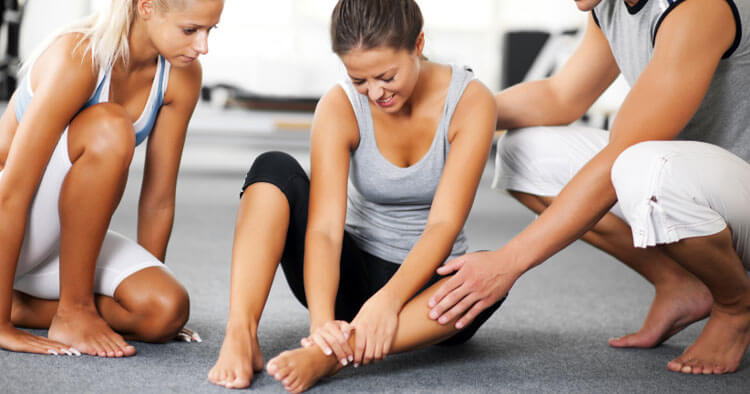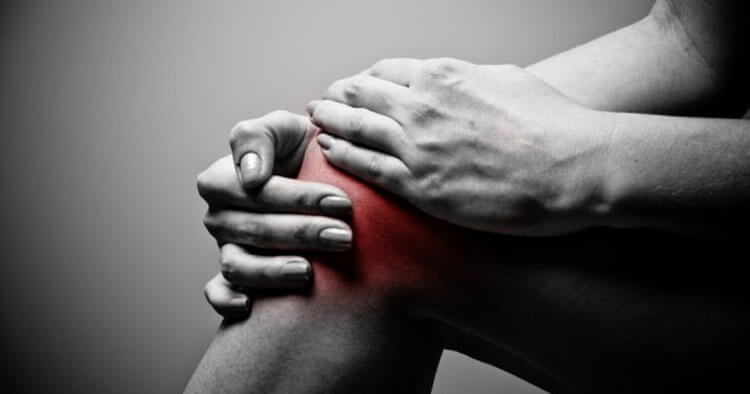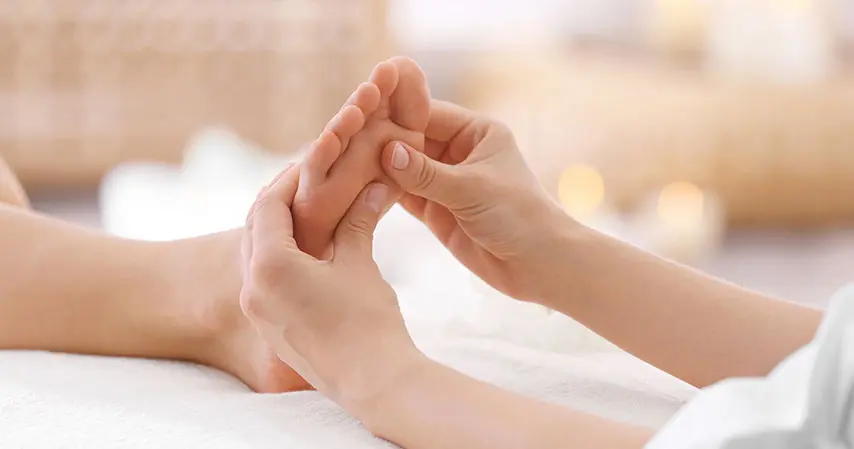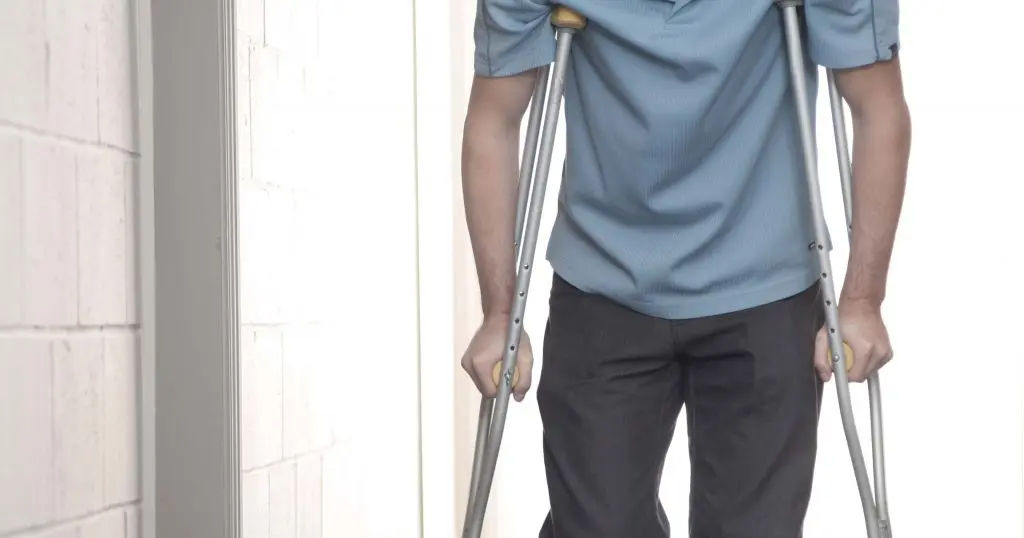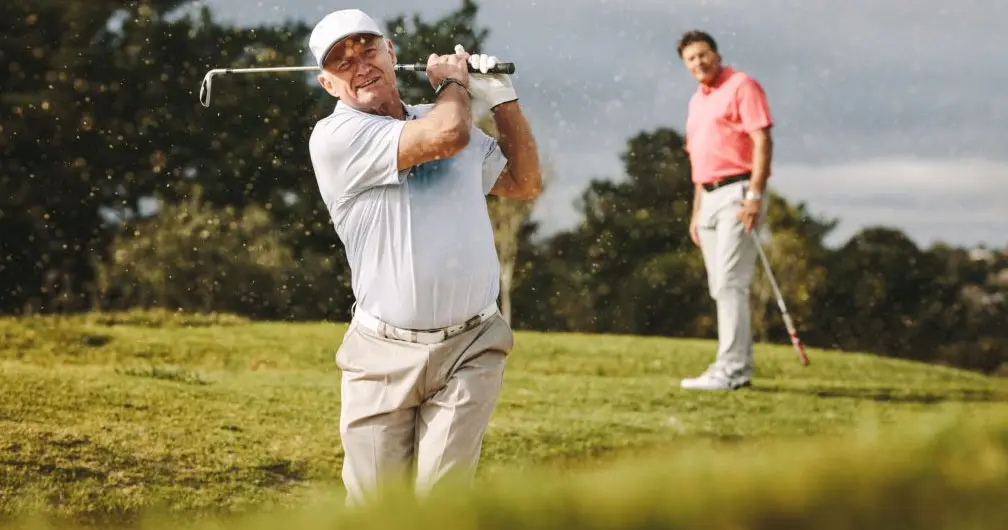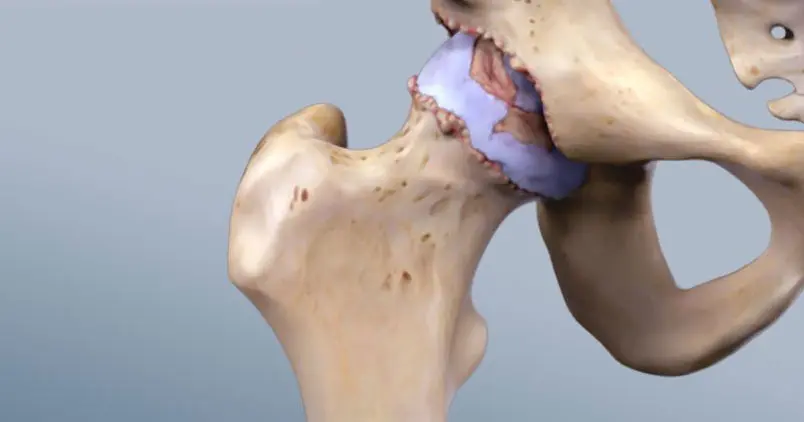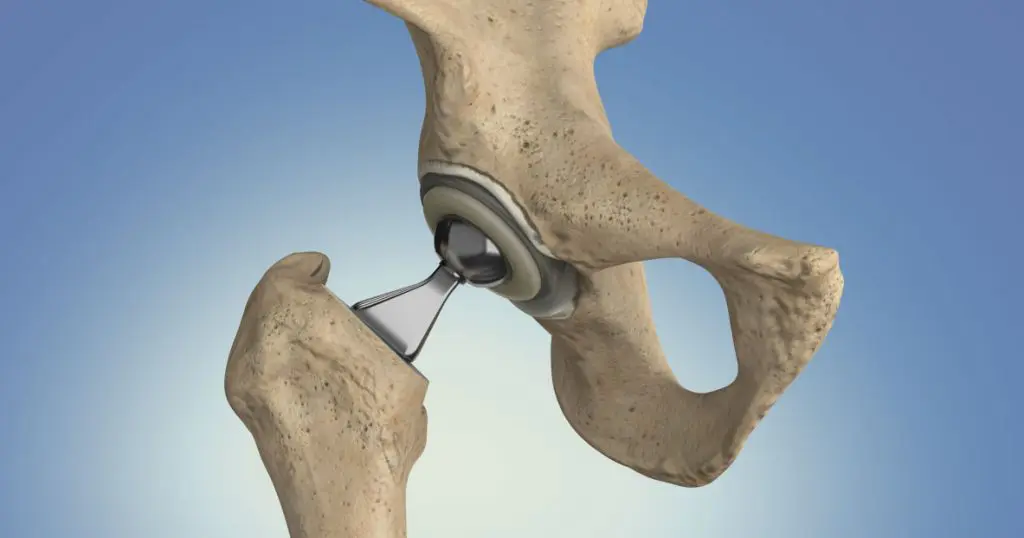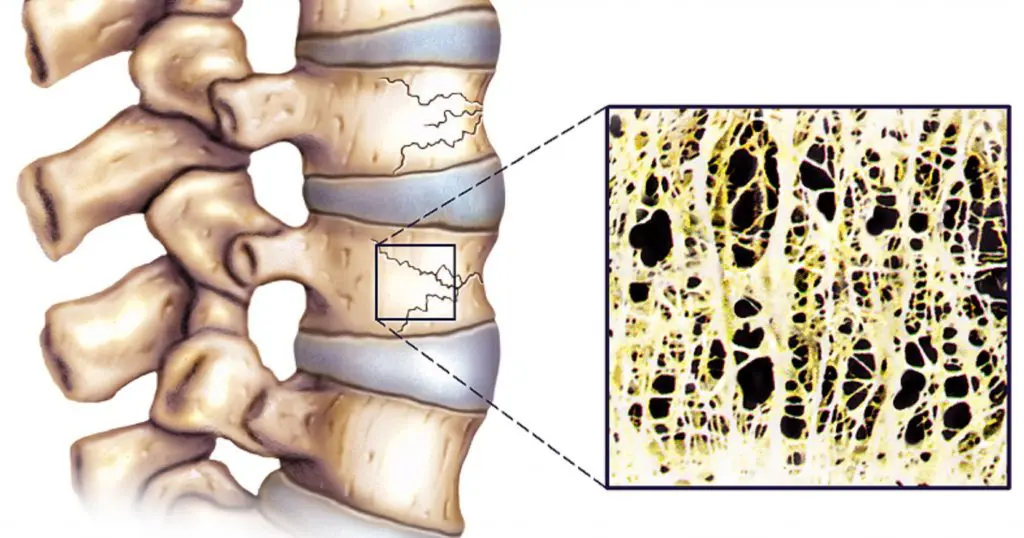Ankle Sprain Injuries Are Often Frustratingly Chronic Statistically a high percentage people who roll their ankle will still experience issues with their ankle up to two years following the original sprain. These are pretty alarming stats and for me highlights the need for receiving professional advice for any ankle sprain regardless of the perceived severity…. Read More >
Category Archives: Back and Joint Pain
Everyone’s An Expert On Ankle Sprains Ankle sprains are a common injury occurring across many sporting codes. Spraining your ankle is especially common in soccer as well as other footballing codes as well as any jumping and landing sports such as basketball, netball and volleyball… Sports that involving running, jumping and changing direction often have… Read More >
Creaky Knees Is Medically Known As Audible Crepitus Almost daily in our Randwick and Sydney CBD physio practices I would have patients coming to me expressing concern around having noticed they have creaky knees. Frequently, these patients will be complaining that their knees are making sounds when performing squatting or bending movements, or when going… Read More >
A Stiff Big Toe Is A Big Deal The big toe joint anatomically known as the 1st metatarsophalangeal joint is the most common site of arthritis in the foot. The big toe joint is crucial when moving seeing as with every step taken the metatarsophalangeal (MTP) joint has to bend and if you develop a… Read More >
Preparing For A THR A total hip replacement or THR in short has become a relatively common procedure with tens of thousands Australians having a hip replacement each year. Pre-surgery appropriate preparation can help by both speeding up recovery after surgery and ensuring a good long term outcome. How To Prepare For Your THR Surgery:… Read More >
Achieving A Successful Outcome After Surgery Having a prosthetic hip is obviously a completely different sensation to keeping your original hip and as a result there may be some new sensations early on after surgery including having areas of numbness, stiffness and new aches and pains… These differences will typically diminish given time and with… Read More >
Making A Decision To Have A Hip Replacement The decision to have a hip replacement is not something to take lightly, although the outcomes are typically very good with this type of surgery it is still surgery and there are associated risks. Consideration whether or not to proceed with a hip replacement surgery typically necessitates… Read More >
What Is Hip Arthritis? Hip arthritis can be a painful condition limiting both movement and function of the hip and as a result hip arthritis can have a negative impact on an individuals mental and physical health. There is currently no “cure” for arthritis, conservative treatment such as physiotherapy is directed at maintaining an individuals… Read More >
What Is A Total Hip Replacement? A total hip replacement also referred to as total hip arthroplasty and often called a hip replacement or abbreviated to THR for short is where damaged bone and cartilage is surgically removed and subsequently replaced with prosthetic components. The hip joint is a ball and socket joint in which… Read More >
Detecting And Treating Osteoporosis Early Is Key To stop what is known as the fracture cascade detecting and treating osteoporosis as early as possible is essential. The fracture cascade is the relationship that exists with osteoporosis whereby each new fracture subsequently increases the risk of future fractures. Detecting osteoporosis and treating the condition as early… Read More >


